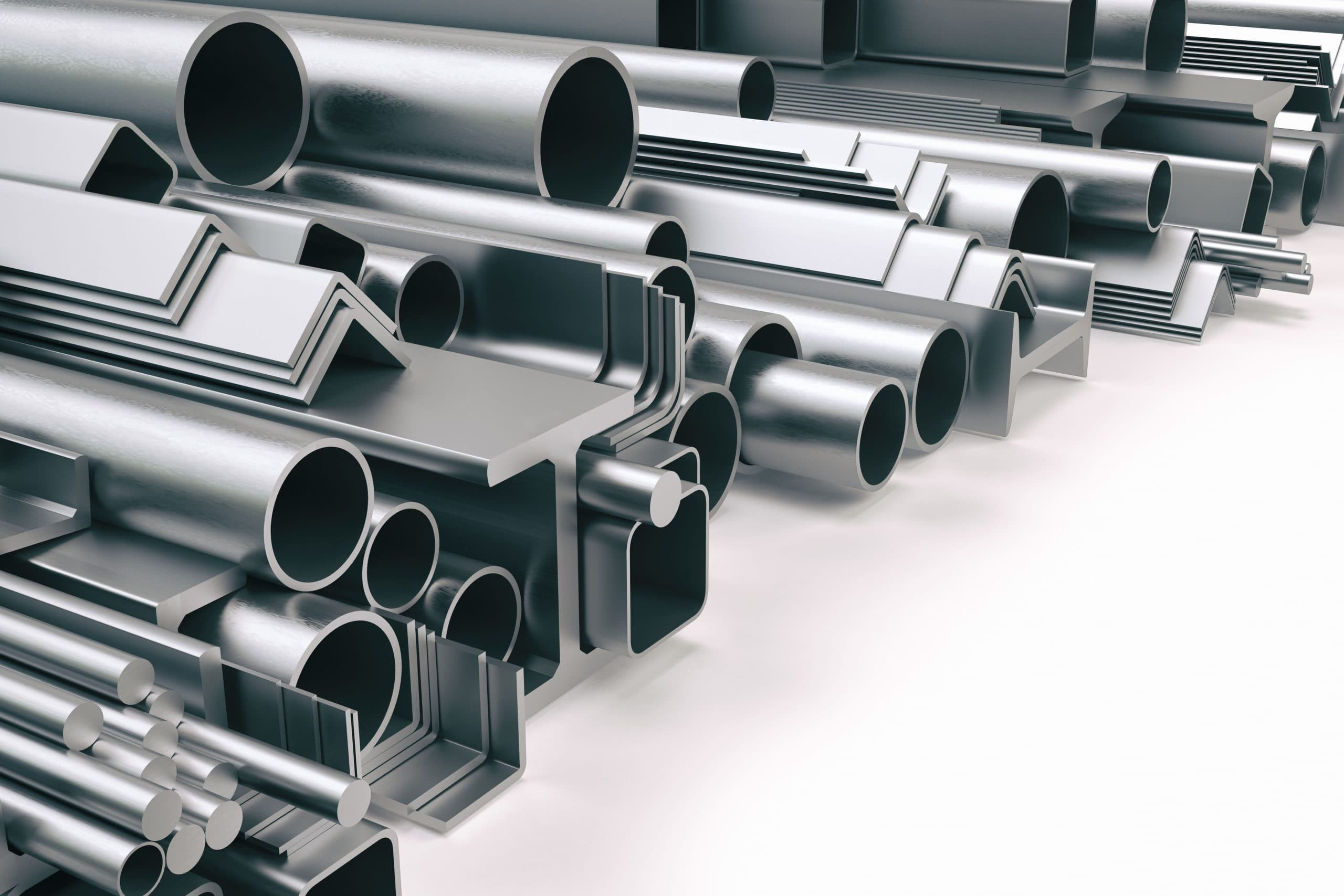
What Is Extruded Aluminum? Properties, Alloys, and Use Cases
19 November 2025Introduction
Engineers, designers, and buyers often ask: what does extruded aluminum mean and is extruded aluminum strong? The short answer: extruded aluminum is aluminum alloy that has been shaped by forcing it through a die under pressure, creating continuous profiles with uniform cross-sections.
But the real value of extruded aluminum lies in its properties, alloy options, and versatility. In this guide, we’ll cover what it is, how it’s made, the alloys commonly used, and where it’s applied across industries.
What Does Extruded Aluminum Mean?
Extruded aluminum refers to material produced through the aluminum extrusion process. A solid billet of aluminum alloy is heated and then forced through a steel die using a hydraulic press. The metal takes on the shape of the die opening—whether that’s a simple tube or a complex custom profile.
The result is a long, continuous piece of aluminum that can be cut to length and further processed. This process is comparable to squeezing toothpaste through a nozzle, but with precise engineering and controlled properties.
Is Extruded Aluminum Strong?
Yes—extruded aluminum is strong, especially when the correct alloy and temper are selected. While aluminum is lighter than steel, certain extruded aluminum alloys (like 6061-T6 or 7075-T6) deliver impressive tensile strength.
Key Strength Characteristics:
- High strength-to-weight ratio — ideal for applications requiring both durability and reduced weight.
- Corrosion resistance — extrusions resist oxidation and environmental wear, especially when anodized.
- Tailored strength — heat treatment (tempers like T5 or T6) enhances mechanical performance.
In practical terms, extruded aluminum is strong enough for use in aircraft, automotive frames, industrial machinery, and architectural structures—while being lighter than steel or copper alternatives.
Properties of Extruded Aluminum
- Lightweight
- One-third the weight of steel, reducing transport and assembly costs.
- Corrosion Resistant
- Naturally forms an oxide layer; anodizing adds further protection.
- Conductive
- Excellent thermal and electrical conductivity, widely used in heat sinks and enclosures.
- Strong Yet Formable
- Can be engineered to balance strength and machinability.
- Sustainable
- 100% recyclable without loss of quality—ideal for green manufacturing.
- Design Flexibility
- Complex profiles can integrate multiple features into a single extrusion, reducing assembly.
Common Alloys for Aluminum Extrusion
Different applications call for different alloys. Here are some widely used choices:
- 6063 Alloy
- Excellent surface finish, corrosion resistance, and extrudability.
- Common in architectural applications (windows, curtain walls, framing).
- 6061 Alloy
- High strength, good corrosion resistance, widely machinable.
- Used in structural applications, automotive, and aerospace.
- 7075 Alloy
- Very high strength, often used in aerospace and defense.
- Less corrosion resistant, usually applied in specialized industries.
- 3003 & 1100 Alloys
- Good corrosion resistance and formability.
- Suitable for chemical equipment and decorative trim.
Use Cases of Extruded Aluminum
Because it balances strength, weight, and versatility, extruded aluminum is used across industries:
- Architecture & Construction
- Window frames, curtain walls, door systems, structural framing
- Automotive & Transportation
- Lightweight body panels, crash structures, roof rails
- Aerospace
- Structural supports, wing and fuselage components
- Electronics & Electrical
- Heat sinks, enclosures, conductive bus bars
- Industrial Machinery
- Conveyor systems, machine guarding, modular framing
- Consumer Products
- Furniture, appliances, sports equipment, tools
Conclusion
So, what does extruded aluminum mean? It’s aluminum alloy shaped through the extrusion process into profiles with exceptional performance and versatility.
And is extruded aluminum strong? Absolutely—when matched with the right alloy and temper, it offers the strength required for aerospace, automotive, industrial, and architectural applications, all while remaining lightweight and corrosion resistant.
For engineers and buyers, the takeaway is clear: extruded aluminum combines strength, flexibility, and sustainability, making it a go-to material in modern manufacturing.
